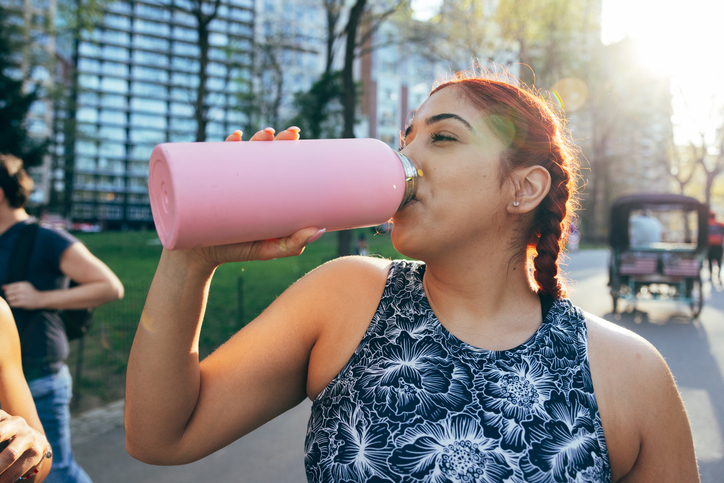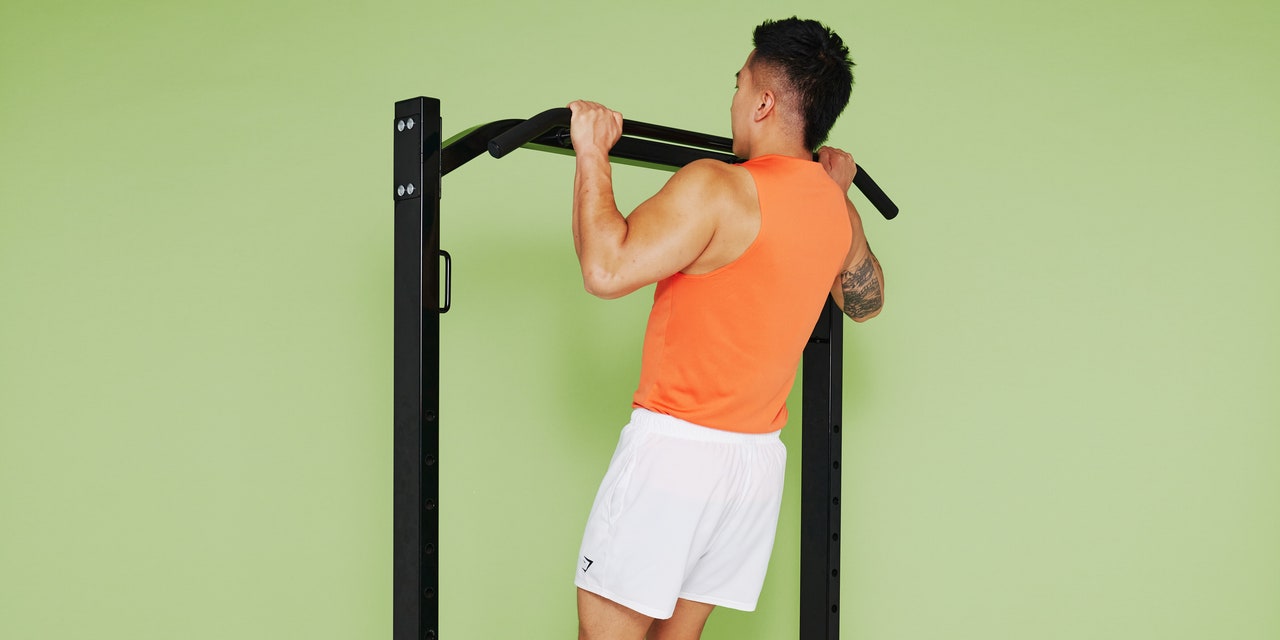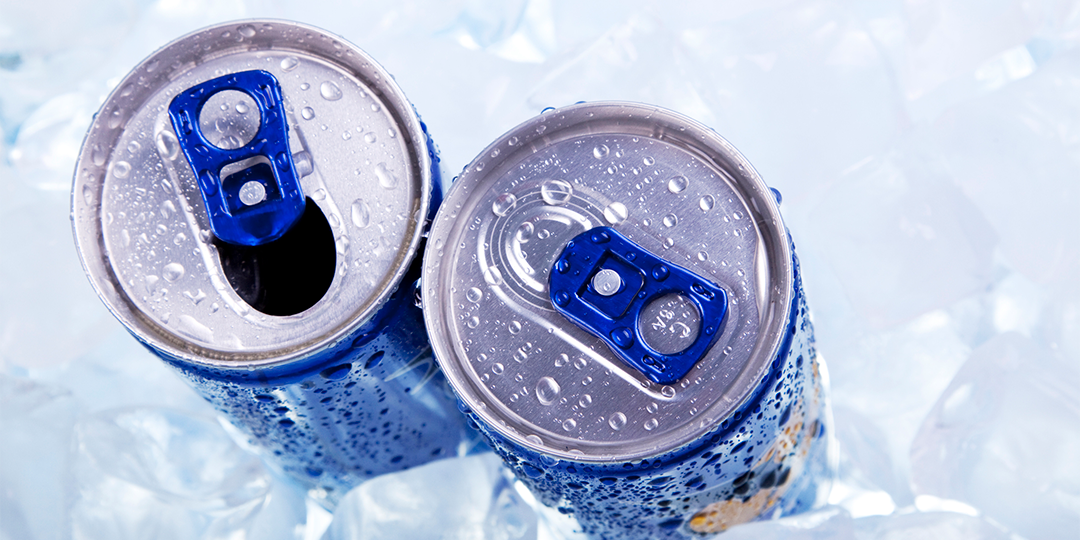How to Keep Morning Workouts From Wiping You Out for the Whole Day

Working out in the morning has a number of benefits — like jumpstarting your metabolism, increasing your focus, and helping you make healthier food choices throughout the day. Plus, it just feels good to check it off your to-do list.
But for some people, morning workouts may leave them feeling sluggish and drained. If that sounds familiar, try these expert tips to keep early-morning exercise from zapping your energy for the rest of the day.
1. Get Enough Sleep

Preparing for a successful morning workout actually starts the night before, says Jack Craig, a certified personal trainer at Inside Bodybuilding in Melksham, England.
“If you’re finding that you’re tired at the end of each morning workout and are struggling through your workday or home life, you might not be preparing effectively,” Craig says. “You really should try to get [at least] seven hours of sleep at night before every workout.”
Creating an effective bedtime routine will allow you to get all the sleep you need so that you are properly recovered and ready to attack your AM workout.
2. Hydrate the Night Before

Your body needs water when you work out to keep you cool, replenish fluids lost through sweat, support your cardiovascular system, and ensure your muscles can perform at peak performance.
Kate Meier, a certified USA Weightlifting Level 1 Coach on the expert panel at Garage Gym Reviews, suggests starting your hydration the night before.
“With a morning workout, you will not have enough time to fully hydrate yourself from the time you wake up until the workout,” Meier says. “This means that it is crucial to be hydrated before you go to sleep.”
She suggests drinking 12 to 20 ounces of water before bed, when you wake up, and again on your way to work out to ensure proper hydration.
3. Pick Your Pre-Workout and Post-Workout Fuel Wisely

Choosing the right fuel — both before and after your workout — can play an important role in keeping you energized throughout the day.
Before an early morning workout, stick to a light snack or beverage that provides carbohydrates, like a banana or a serving of Beachbody Performance Hydrate, which contains 10 grams of carbs, along with key electrolytes, per scoop.
After your workout, Meier recommends consuming protein to support muscle growth and repair and some carbs to replenish what was burned during the workout.
One easy way to get your post-workout protein and reduce post-workout soreness: Mix a packet of Beachbody Performance Recover with water, milk, or your favorite smoothie or shake.
4. Keep It Short

“The key to maintaining energy for the day after a morning workout is keeping the routine short and sweet,” explains Joe Vega, C.S.C.S.
Keeping your morning workouts around 30 to 45 minutes will ensure you get an effective workout without feeling lethargic for the rest of the day, Vega adds.
Vega suggests focusing on high intensity interval training (HIIT) that integrates explosive movements with strength exercises. Not only will you get an effective workout in minimal time, but high-intensity exercise is also a mood booster.
5. Leave Some Gas in the Tank

If morning workouts are draining you for the rest of the day, you may simply be taxing your muscles too much too early, explains Matt Scarfo, an NASM-certified personal trainer.
For example, if you’re doing a strength training workout in the morning, you probably don’t want to perform every set until failure, Scarfo says.
“While lifting to [technical] failure is a great way to up the intensity of a movement, it should really only be used on the last one or two sets of a specific exercise,” he adds. “If you’re using it on every set, you’re most likely working out too hard, which may be causing your all-day fatigue.”





